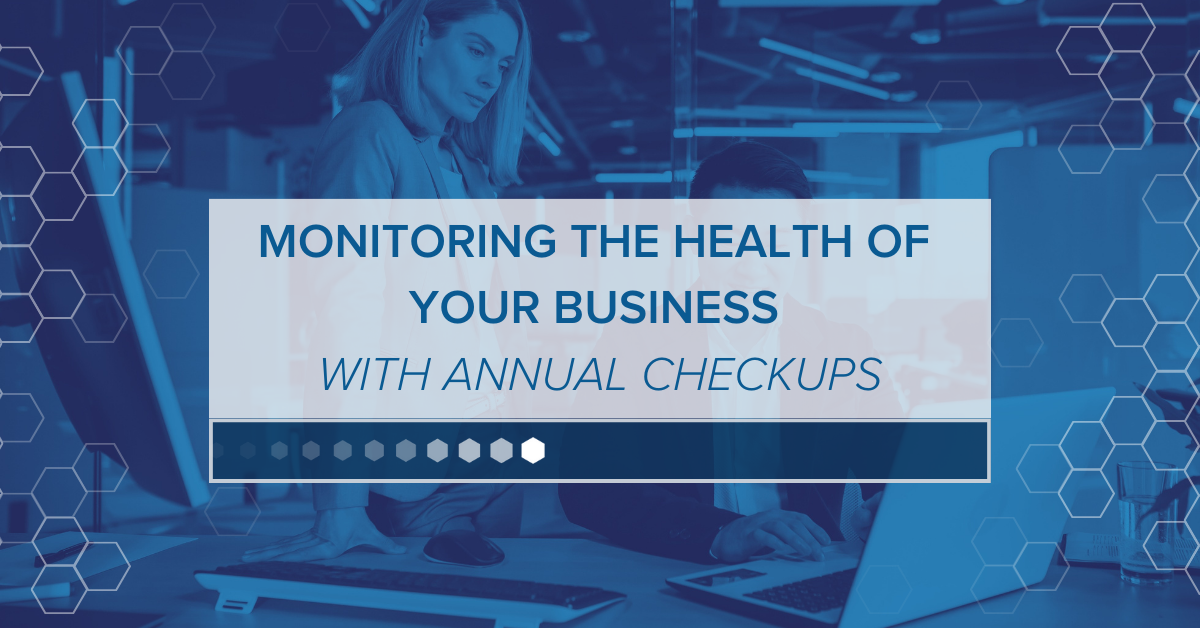The Wicked Pissah Podcast, brought to you by the Financial Planning Association of New England (FPA® of New England), features discussions for financial professionals including topics of financial planning, recent or future events in the financial services industry, and interactions with influential speakers from across the industry.
Valuing Your Life's Work
Topics: Business Value, Benchmarking, valuation
Purpose, Perspective, Premise — the Three Ps of Business Valuation

Purpose, perspective, and premise are the foundations of business value. With these three key aspects we can weigh an incredible amount of detail and data to determine the most accurate value of the business–for any circumstance. The more accurate the value, the better the outcome of your situation, and the better your ability to plan ahead for future growth and higher profits.
Everything starts with “why.” What is the purpose for the valuation? As we like to say, “value is in the eye of the beholder,” and purpose allows us to pinpoint that perspective to know what makes a business valuable to them. And when we drill down into situational specifics and the nuances of perspective, we can understand the future-state of the business and the premise of the valuation to fine tune its accuracy.
Topics: Succession Planning, Business Growth, Business Value, Benchmarking, Valuation & Appraisal
Top 10 Drivers of Business Value
/Blog%20Header%20-%20Top%2010%20Drivers%20of%20Business%20Value%20(1).png?width=1200&height=628&name=Blog%20Header%20-%20Top%2010%20Drivers%20of%20Business%20Value%20(1).png)
The value of your practice is determined by many factors, some obvious, and some not so obvious. And the degree to which some aspects impact your value more largely depends on the reason you’re valuing the business in the first place.
Whether you’re considering acquisition, onboarding new talent–or new owners–, monitoring annual growth, or getting ready to sell, these ten factors have the most significant impact on the value of your business. Focus in these areas can make a major difference in your book’s sustainability and its eventual purchase price when transition time arrives.
Topics: Business Growth, Business Value, Buying & Selling, Sustainability, Benchmarking, Valuation & Appraisal
Tips for Increasing Firm Value
You invest a substantial amount of energy into running, growing, and evolving your business. Knowing when, where, and how to best direct your efforts could mean the difference in thousands, or even millions, of dollars long-term. Having spent two decades accruing and organizing essential datapoints on more than 15,000 businesses, we’ve got a tight grasp on what matters most at each step of the way.
Depending upon your goals, certain areas will move the needle faster than others. Rather than guess at the best use of your limited resources, our team has compiled a list of places where your ownership and C-Suite team can start assessing opportunities for increased firm value.
Topics: Selling Your Practice, Business Growth, M&A, Revenue Strength, Business Value, Revenue Sharing, Multiples, Benchmarking, Valuation & Appraisal, KPI
Mark, Measure, Monitor and Master KPIs to Maximize Growth, Profit, and Value
Key performance indicators, or KPIs, are data points which help businesses assess progress towards an intended result. Ensuring you take the time to Mark, Measure, Monitor, and Master those KPIs which will help you manage, protect, and grow the equity value of your business.
Topics: Benchmarking, KPI, EMS
Maximizing Key Drivers For Business Revenue and Growth
For many years, our data has shown that firms with over $2M in annual revenue tend to grow twice as fast as those with $250K in annual revenue. Contrary to how it might seem, this is actually a function of their structure, not necessarily their size. These firms have cultivated efficiencies in cash flow, capacity, expenses, and operational systems to support scalability and growth. These sophisticated structures are accessible to most businesses–in a wide range of revenue levels–if they’re willing to explore and dedicate time and resources to improve.
Topics: Business Growth, Business Value, Client Retention, Benchmarking
KPIs. What are Key Performance Indicators, and how do you Leverage them?
KPIs, or Key Performance Indicators
During a recent webinar hosted by FP Transitions, several attendees had questions about KPIs. Marcus Hagood Director of Equity Management Solutions®at FP Transitions, and Mike McKennon, EMS™ Consultant at FPT, had previously hosted a webinar on KPIs, and many of those key points are featured in the following post.Knowing the KPIs
The industry is flush with discussions of KPIs. Surely, you’ve heard the term before, or perhaps seen these indexes described as performance metrics, key variables or key success indicators. At FP Transitions, we use the term Key Performance Indicator; but ultimately, the data these terms convey is the same. KPIs are a unit of measurement leveraged to help you determine where your business is at, where you want to go, and will ultimately provide you with a road map of how you should proceed on your journey.
Topics: Webcasts, Business Growth, Tip of the Week, Deal Structure, State of the Market, Sustainability, Benchmarking, Valuation & Appraisal, Business Operations
FP Transitions Named Top 10 Valuation Service Companies - CFO Tech Outlook
We're pleased to announce that FP Transitions was named one of CFO Tech Outlook's Top 10 Valuation Service Companies of 2021, recognizing FP Transitions' efforts and placing our team at "the forefront of providing Valuation consulting services and transforming businesses."
The publication accolades were accompanied by an article: "FP Transitions: Providing Comprehensive Valuation Services," featuring our Ryan Grau, CVA, CBA, Partner and VP of Business Valuation Services. The full text of which can be viewed below or by clicking here.
Topics: Business Value, FPT in the News, Benchmarking, Valuation & Appraisal
Monitoring the Health of Your Business with Annual Checkups

Completing an annual valuation on your business is the financial service industry equivalent of undergoing your annual physical. I’ll turn 55 this year and I have resigned myself to the fact that prescription medications have officially become their own food group and an annual physical is no longer optional. My annual pilgrimage happens to take place in the spring tucked neatly amongst the sporadic appointments to see specialists for knees, elbows, near sightedness, far sightedness, rotator cuffs and something about my lumbar.
Now, the key word here is annual. If I had my cholesterol checked 10 years ago and then never again how am I going to know if what I am doing is working? An annual examination provides a historical record of your overall health including your vital signs enabling you to make changes in order to perform at your best. The good news is that, unlike my annual physical, your valuation results should get better as your business matures.
Your business is a living, breathing entity. Just like the investments you make on behalf of your clients, it needs to be nurtured, protected, and developed in order to realize its maximum value. It’s important that your valuation be updated annually. The monetary value of your practice is just one of many pieces of information to be gleaned from a professional business valuation.
Topics: Acquisition, Business Growth, Business Value, Exit Planning, Continuity, Benchmarking
Which Exit Path is Right For You?

You’ve built a business providing financial insight to a growing community of clients. You’ve fostered this relationship over the years and established a trusted role in their lives. As your clients have moved along their journey as professionals, entrepreneurs, investors, or heirs, they’ve turned to you for advice at each step; and now they are counting on your business to be there and to see the process through to the end. This means that as your clients transition into their own retirement, they will depend on your services more, not less. Regardless of the plan you choose, it is your duty as an independent financial professional to have a plan for client service and support that extends beyond your own career.
One way or another, your path as a financial planner will come to an end. The question is whether or not you’re going to exit on your own terms and in your own way. Are you going to create a plan for your exit that preserves the value and growth of the business you’ve spent your career building? Are you going to make sure your clients’ assets are in good hands for the length of their lifetimes, not just for the length of your career?
Topics: Business Growth, Business Value, Sustainability, Benchmarking, Enterprise


.png?width=631&name=MicrosoftTeams-image%20(7).png)